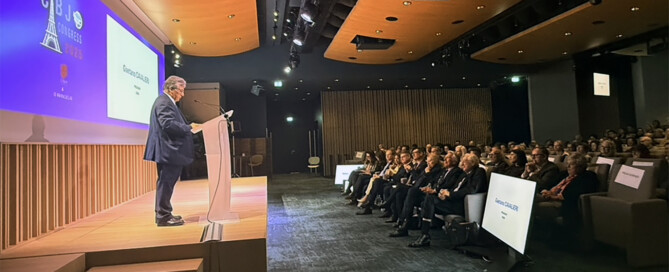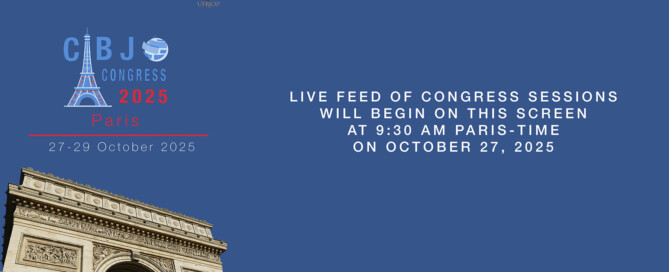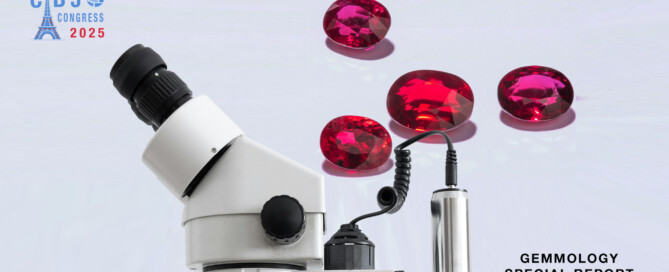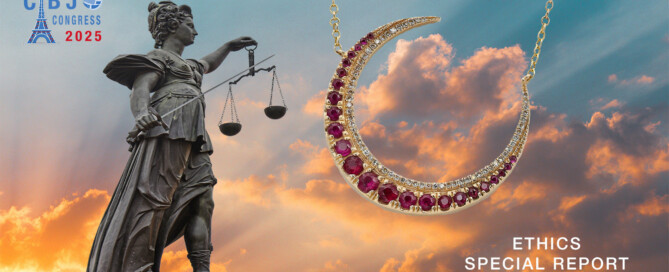French association leader calls ‘”laboratory-grown” term for synthetic diamonds misleading
The three-day event will take place from October 27 to October 29, 2025. It will mark the start of the World Jewellery Confederation’s Centenary Year, and it fittingly will take place in Paris, the very city where CIBJO was founded.










